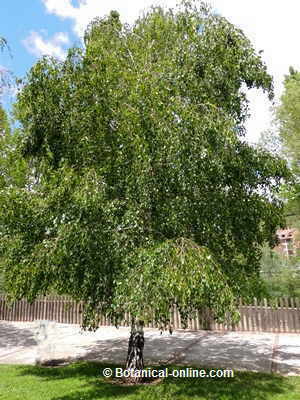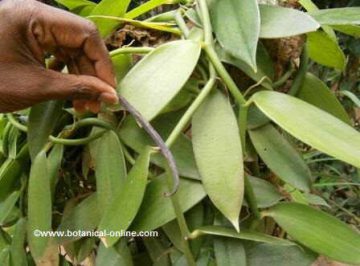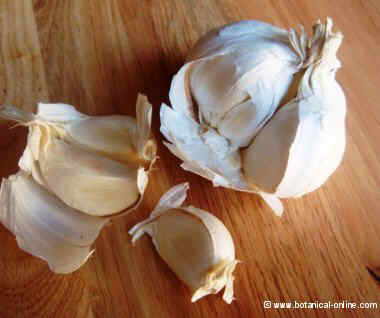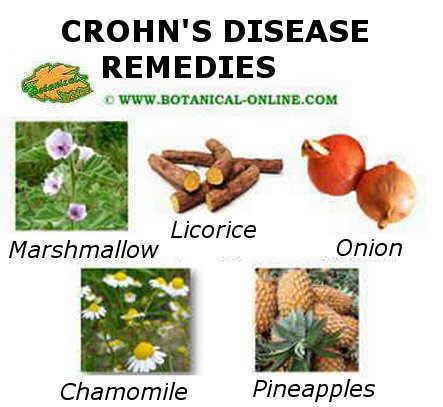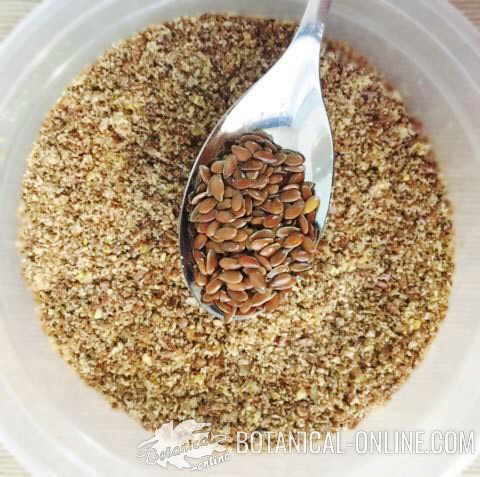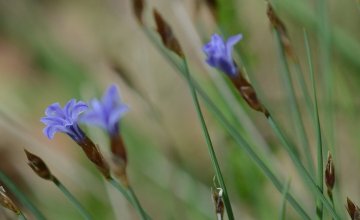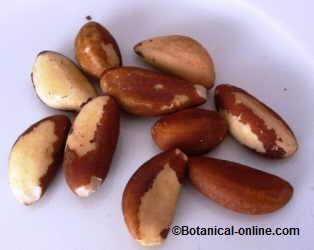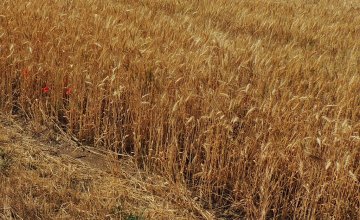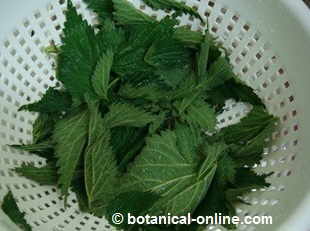Contents
Anti inflammatory plants in internal use for arthritis
Phytotherapy. Herbal teas for arthritis
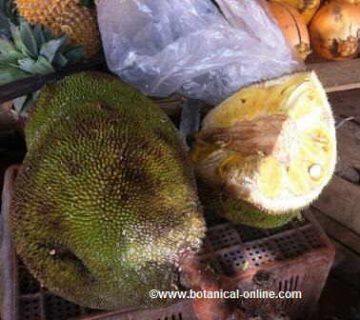
- Ginger (Zingiber officinale) Ginger is one of the best anti-inflammatory and analgesic vegetable. The ingestion of this food reduces inflammation and relieves pain caused by rheumatoid arthritis (Ingestion of a couple of teaspoons of ginger powder spread over food twice a day. About 10 g) (See: Ginger for arthritis)
- Linden (Tilia x europaea, Tilia platyphyllos, Tilia cordata): The flowers of the linden have diaphoretic properties, that’s to say they are able to increase the body sweat. Through the sweat, the body is able to eliminate many toxins, so sweating abundance is very effective in case of rheumatism or gout. The elimination of toxins through sweating can lighten the joints and reduce nuisance caused by these diseases. (Infusion of a half teaspoon of dried flowers per cup of water. Take a couple of cups a day. Maintain the treatment for a couple of weeks.)
- Turmeric (Curcuma longa) Turmeric has potent anti-inflammatory properties on the organism, due to its content of curcuminoids, which inhibit the production of inflammatory prostaglandins type 2. (Capsules of turmeric) (Use turmeric powder in recipes)
- Goldenrod (Solidago virgaurea) (Infusion of 1 tablespoon per cup, let stand 5 minutes. Take 2 times a day. 1 time every two hours in acute gout or arthritis)
- Guarana: (Paullina cupana) Extracts of guarana are used to tread headache.
- Jackfruit (Artocarpus heterophyllus) Flavonoids in this fruit make it very useful for arthritis.
- Lime: (Citrus aurantifolia) (Take lime juice 2 times a day)
- Spirulina (Spirulina ssp.) Spirulina has a high content of polyunsaturated fatty acids, especially linolenic acid, a fatty acid that is part of the so called Omega 6.
- Black currant : (Ribes nigrum) black currant oil has anti-inflammatory properties for joint diseases. Its use is highly desirable in diseases such as rheumatoid arthritis. Currant oil inhibits the formation of cytokines, which cause inflammation. (The usual dose generally is usually 500 mg daily)
- Evening primrose oil (Oenothera biennis) The use of this supplement in a normal way for a period of 6 months helps to improve the disease, manifested in less joint pain and more join flexibility. Studies in United States applied a dose of 2.5 grams of GLA daily for a period of 6 months. This study showed that patients had less pain and the joints were less swollen. (The usual dose generally taken is about 350 mg of GLA daily, divided into two or three doses with meals)
- Borage oil (Borago officinalis), Borage, besides being an excellent vegetable, with well proven diuretic powers, also stands out for its richness in essential fatty acids (EFAs). 1000 mg of borage oil contain about 240 mg of gamma-linolenic acid (GLA) which is the amount that is typically used in most treatments.
External applications for arthritis
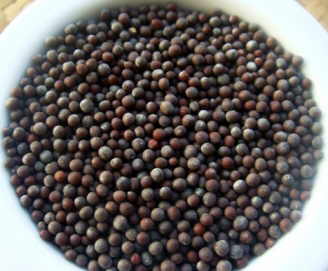
- Pepper (Piper nigrum) Pepper is a rubefacient when applied externally, that’s to say, it causes redness of the skin. For this quality, it is useful in rheumatic affectations that respond well to heat. (A pepper poultice can be applied to the painful zones)
- Mustard (Brassica nigra) Mustard poultices are recommended for people with sciatica, muscle aches and pains such as arthritis or rheumatic neuralgia.
- Marshmallow (Althaea officinalis) Marshmallow helps improve arthritis symptoms. (Boil a handful of roots in water for 10 to 12 minutes. Moisten with liquid and put a gauze over the affected area)
- Yucca (Yucca filamentosa) Apply a massage on the affected area
- Eucalyptus (Eucalyptus globulus) Rub down the affected areas with essential oil diluted in water. This helps ease the pain of the affected joint and reduce swelling. (Dissolve 20 or 30 cc (1 cc = 1 ml) of essential oil in one liter of water and massage the affected joint)
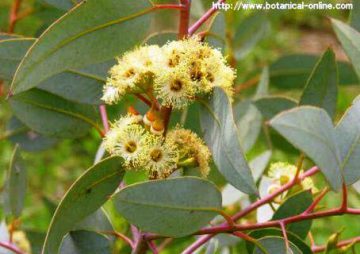
- Arnica (Arnica montana) The anti-inflammatory properties of Arnica are very useful for the treatment of rheumatoid arthritis. (Apply a gentle rub on the painful joint with ointment of this plant) (See toxicity or possible contraindications in the study of this plant)
- Fenugreek: (Trigonella foenum-graecum) The most widespread use of Fenugreek is perhaps as a topical remedy to treat inflamed, irritated, chapped or sore areas. decoction (Boiling from cold of 150g of fenugreek flour in 1 liter of water. Leave it boil for 15 minutes until it forms a pulp. Let it cool for 5 minutes and apply to the desired area.
- Corn (Zea mays) Apply a poultice of cornmeal on the affected join.
- Violet: (Viola odorata) Common violet contains many anti-inflammatory and analgesic principles (salicylic acid, methyl salicylate, eugenol, beta-sitosterol, quercetin, rutin, etc.) which can be very effective in the treatment of arthritis or osteoarthritis.
Used internally, a useful treatment can be made with the dried root decoctions, but it is more interesting when applied externally to sore joints (decoction of two tablespoons of shredded dried root per liter of water for 15 minutes. Wet a towel with the resulting liquid and apply on the painful area) (Pour the liquid of this decoction into the water of the bath)
Equally interesting is the violet ointment made with lard and violet leaves. (For more information on ointment for pain)
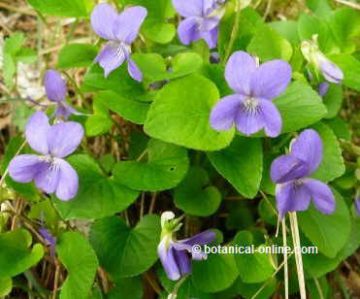
Depurative plants for arthritis

Birch photo Depurative plants are well suited to help overcome the unpleasant effects that this disease produces, especially in regard to accumulation of fluid in the joints.
- Most of these plants produce a profit cleansing the body by increasing urination, so it should not be taken in cases where the presence of hypotension. Similarly, the presence of tannins in many of these plants can cause intestinal discomfort and should be avoided when the patient has gastrointestinal ulcer or gastritis.
- Oats (Avena sativa) (Decoction of dried plant, 5 tablespoons per cup of water for 30 minutes. Take a couple of glasses, divided into several doses throughout the day)
- Birch (Betula alba) anti-inflammatory and diuretic properties of this plant are very suitable for the treatment of arthritis and osteoarthritis. The preparations of this plant unswollen joint area and help remove accumulated liquids in them (Infusion of a teaspoon of dried leaves per cup of water. Take two or three glasses a day)
- Poplar (Populus nigra): With its ability to reduce pain and swollen joints, preparations using this plant help to improve the condition of people affected by rheumatoid arthritis. (Decoction of half a teaspoon of dry bark per cup of water for 10 minutes. Drink two cups a day) (infusion of two teaspoons of dried buds per liter of water for 10 minutes. Drink two or three cups per day)
- Moringa (Moringa oleifera): Moringa oleifera seed and root preparations can stop joint damage, decrease pain and inflammation, and delay the deformation of the limbs.
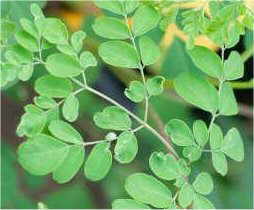
- Guanabana or soursop (Annona muricata) With diuretic properties. People with arthritis can take it to help eliminate toxins from the body.
- Chicory (Cichorium intybus) The decoction of bark, mainly for the action of chicoric acid, has a diuretic effect, that is to say it favors the elimination of corporal liquids by means of the stimulation of renal function. It would be very appropriate to help to solve problems of obesity, diabetes or rheumatic illnesses, as arthritis or gout. (Decoction of 30 g. of dry smashed roots in a liter of water. Drink a couple of cups a day) (Decoction for 12 minutes of 50 g. Of dried root per liter of water.) (Take half a glass of juice of the plant, which is available from stores or pharmacies, over several shots day)
- Vanilla (Vanilla planifolia) Adding vanilla to your food or using vanilla in aromatherapy can be an effective aid for the treatment of rheumatic diseases
- Fucus: (Fucus vesiculosus) the elimination of fluids help to improve the joints of gout or arthritis patients.
- Bistort: (Polygonum bistorta) (Decoction of 5 g. Rhizome. Take three cups daily, between meals)

Vanilla pod, the part of the plant used as spice. - Boxwood (Buxus sempervirens.) Decoction of pieces of dried bark per liter of water for a quarter of an hour. One cup a day, divided into 4 doses. Do not take during pregnancy!
- Agave (Agave americana) (Infusion of 5 tablespoons of dried leaves per liter of water. Take four cups with a little honey.)
- Heather (Calluna vulgaris) infusion of a handful of flowering tops per cup of water for 15 minutes. A cup after the three main meals.
- Cherry tree: (Prunus avium) (Decoction or infusion of floral peduncles)
- Horsetail (Equisetum arvense L.) Decoction for 30 minutes of a handful of dried plant in a liter of water. Drink 3 cups per day)
- Honeysuckle (Lonicera caprifolium) (Infusion for 10 minutes to half a teaspoon of crushed leaves per cup of water. Take two or three glasses a day)
- Juniper (Juniperus communis) (Decoction of 1 tablespoon of dried fruit per quart of water. Drink 2 or 3 cups a day) Do not take during pregnancy!
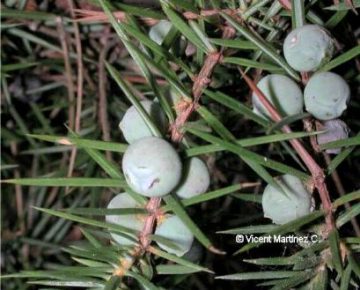
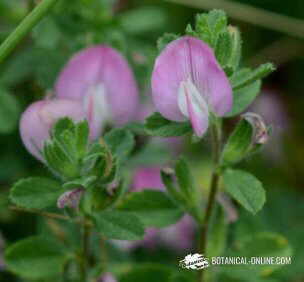
- Meadowsweet (Filipendula ulmaria) Infusion of a spoonful of dried plant in a cup of hot water, without coming to the boil to destroy not salicylic acid – Take 4 cups a day between meals.
- Spiny restharrow (Ononis spinosa) (Make an infusion with a teaspoon of dried root (3-4 gr) per cup of water. Take two or three cups a day)
- Strawberry (Fragaria vesca) (Three to four cups of the infusion of the leaves and roots)
- Black currant (Ribes nigrum) (Infusion of 2 to 2.5 tablespoons of dried leaves per liter of water. Take a couple of glasses a day)
- Lemon tree (Citrus limonum) Ascorbic-acid and limonene confer it depurative properties, so that it is an excellent remedy against rheumatism, arthrosis, arthritis, gout, cholesterol, arteriosclerosis and uric acid. (Take the fresh juice of the plant at will)
- Nettle (Urtica dioica) (Decoction of dry root for 10 minutes. Drink 3 cups a day) (Infusion of 2 teaspoons of dry leaves in a liter of water. 3 times a day before meals.)

Cowslip photo Cowslip (Primula officinalis Hill. = Primula veris L) (decoction of a handful of flowers in one pint of water. Take several small glasses a day)
- Soapwort (Saponaria officinalis) Decoction of 50 g. of dried leaves per liter of water. Filter without resting o prevent the formation of toxins. Take 2 glasses per day)
- Pine (Pinus sylvestris) (Decoction for 10 minutes of 5 tablespoons of dried leaves per liter of water. Allow to cool and drink. 3 cups a day.)
- Vervain or Common Verbena (Verbena officinalis) (15-minute infusion of a spoonful of dried plant per cup of water. Take 3 cups a day) Do not take during pregnancy!
- Willow (Salix alba, Salix purpurea) (3% decoction of the bark, for a quarter on an hour. Take three cups per day)
- Yucca (Yucca filamentosa) (one or two capsules or tablets per day of plant extract)
- Red Vine (Vitis vinifera) To eliminate excess of liquids in the body that appears in some diseases, such as dropsy, gout or arthritis. (Decoction for 1 / 2 hour of, 30 g of tendrils in one liter of water. Allow to cool for 30 minutes, strain, and take 2 glasses per day)
Antirheumatic plants for arthritis
Antirheumatic plants are those plants that help prevent the occurrence of rheumatic diseases because they have in their composition antirheumatic components. Among them mention the following: ascorbic acid, salicylic acid, anisic acid, thymol, cineole, menthol, lupeol or tryptophan. Using these plants is often a good way to prevent the occurrence of rheumatic diseases) (More information about antirheumatic plants).
![]() More information about arthritis remedies.
More information about arthritis remedies.

